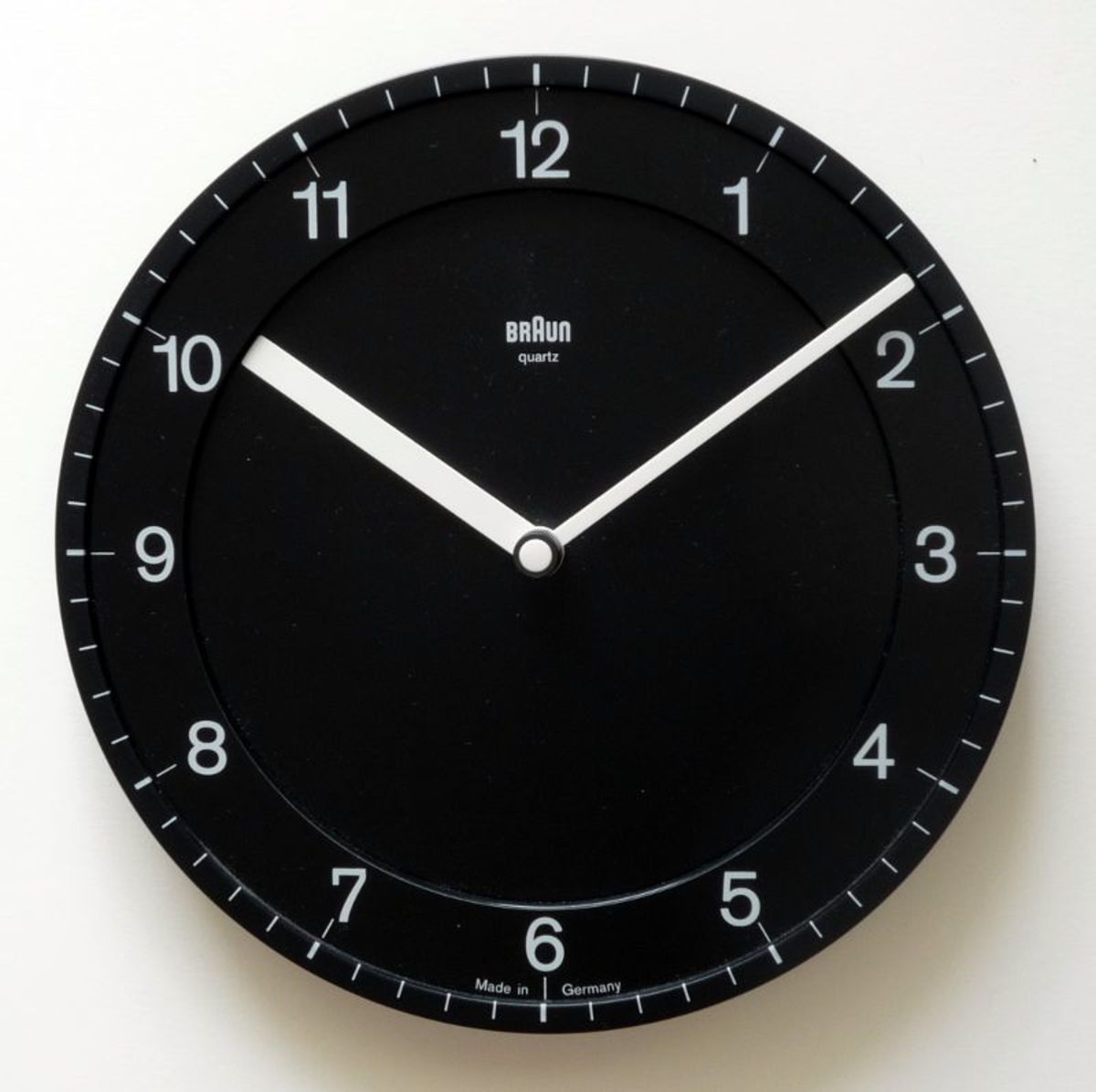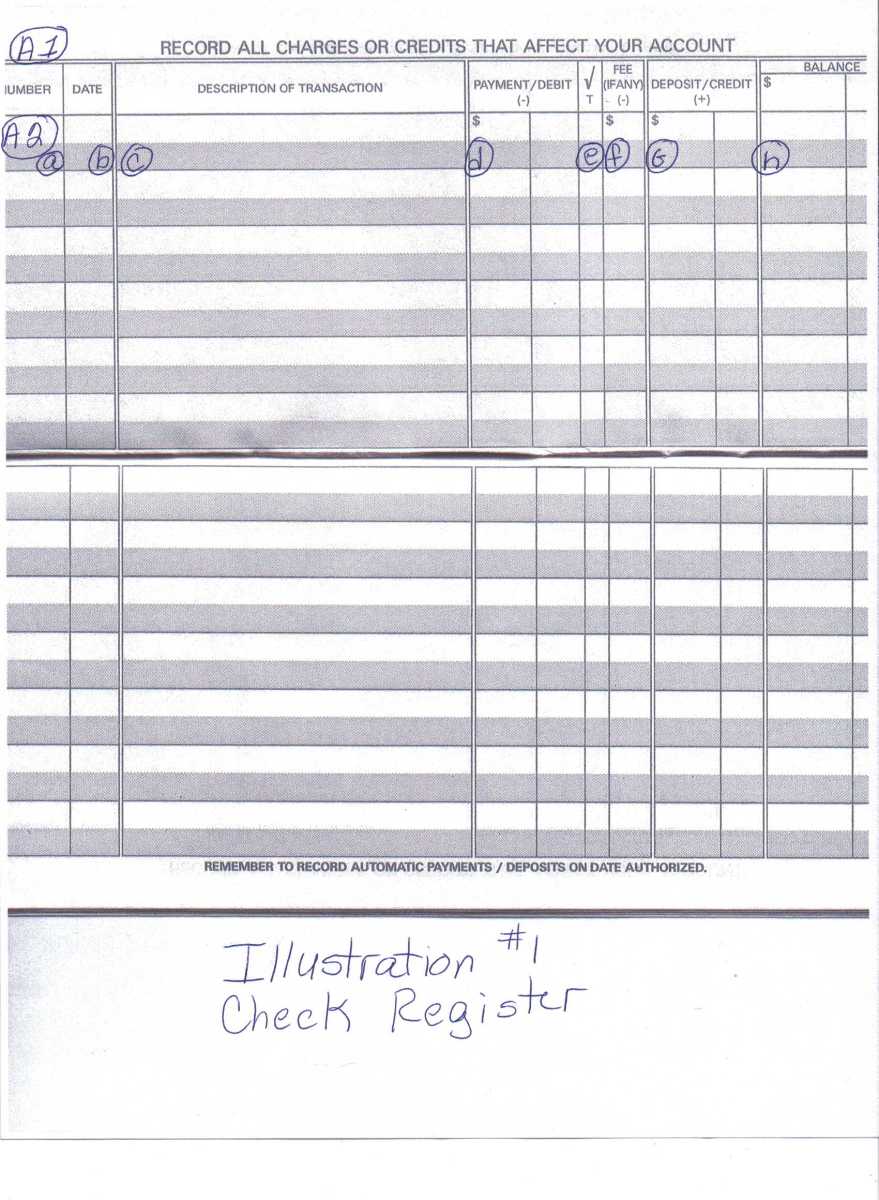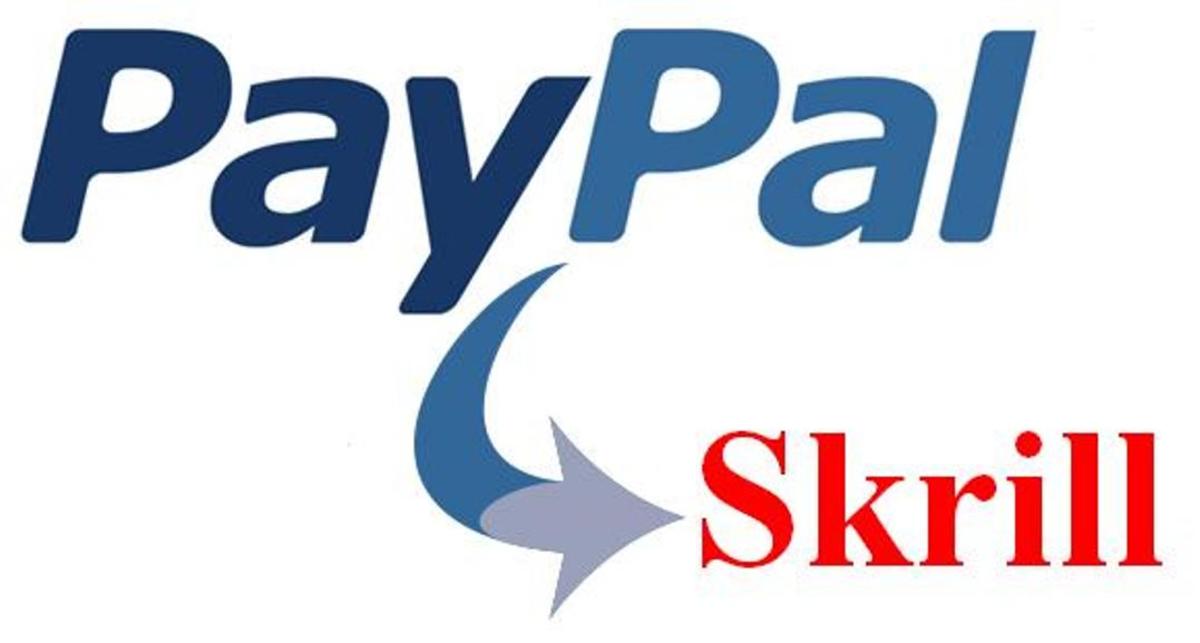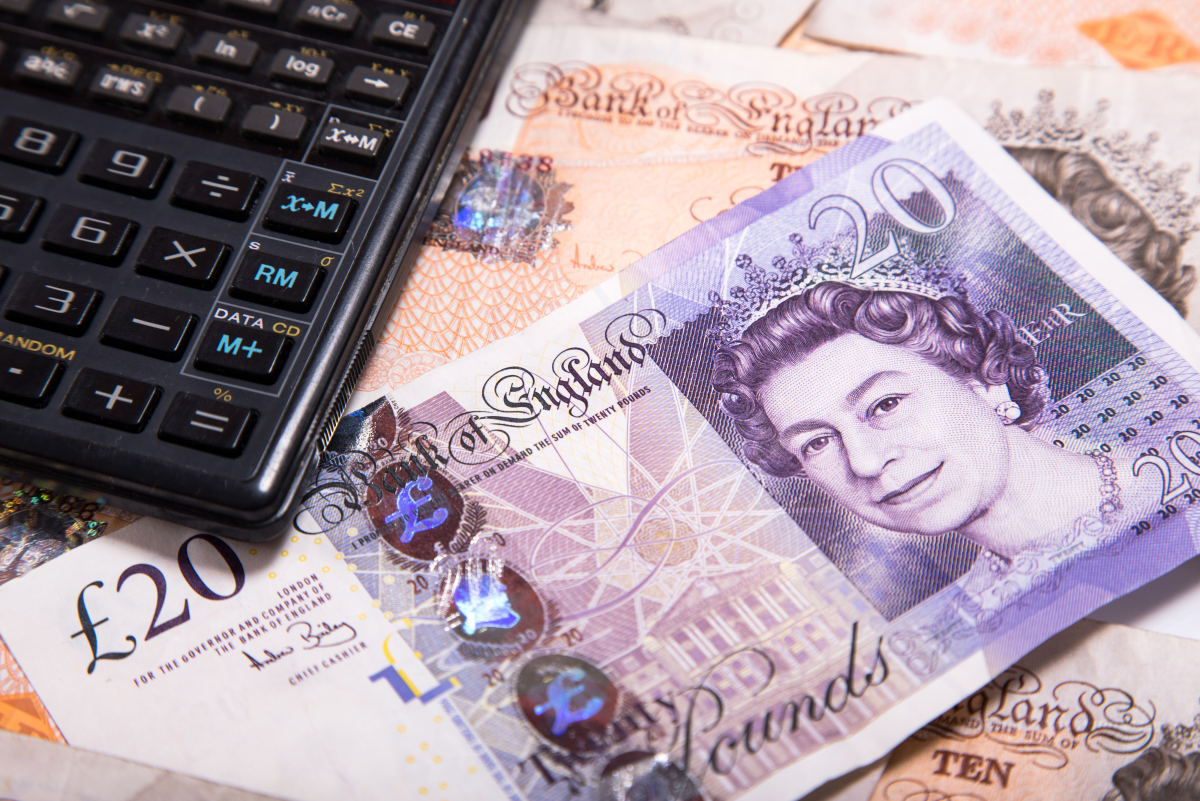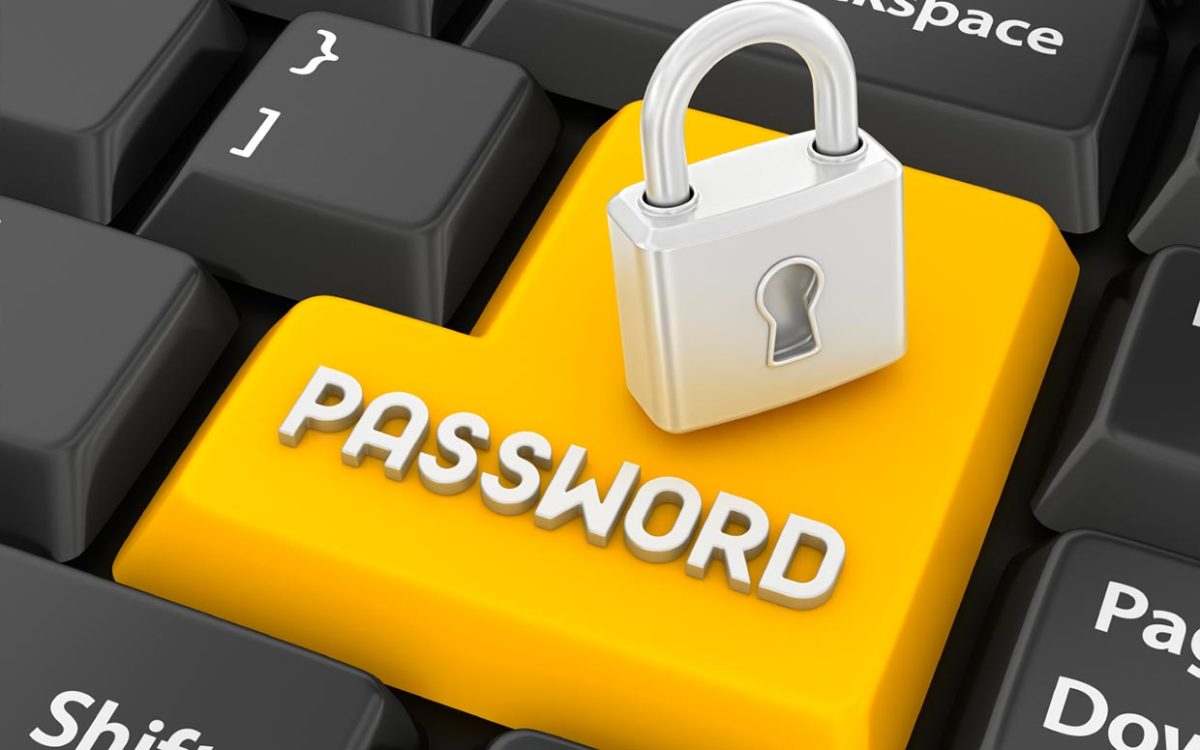Make Payments and Move Money Easily - How Checking Accounts Work
Checking
Fully understanding how writing checks and checking accounts works, will help you to be better with your money and maximize it. For instance depositing a large amount of money and wanting to access it right away may not be possible, so you need to know when it is credited to your account, etc. Knowing the full path the check takes can be helpful to people that are either learning to manage their finances fully.
If you have been given a personal check from another person, and you deposit it into your account, it is sent to the bank of the person that wrote the check. Their bank takes that amount of money written on the check, out of their account. The bank then electronically transfers that money to your bank and your banking account. If you happen to use the same bank of the person that wrote the check, its possible that you will have the money the very same day. Often this is not the case, and there will be a note of the transaction in your account, but the money may not be accessible right away. It will be credited the next business day usually.
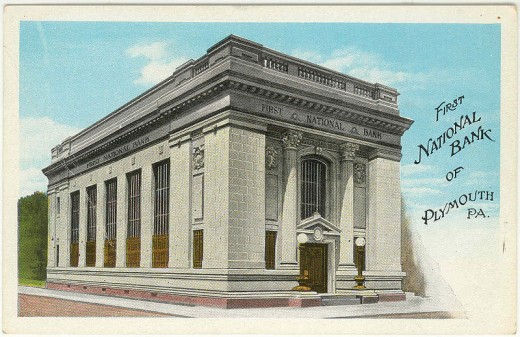
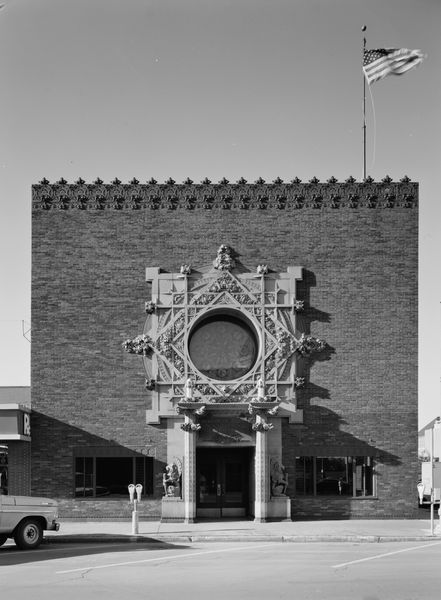
When Credit is due into an account
It used to be the case that banks could make up their own rules of determining when checks had to be credited to a person's account. There was no governing over when the money had to added to your account balance. There are Federal Reserve regulations in place now that make the determination of when your money must be available. When I make my deposits into my checking account at my bank, I get an available balance total that I can use right then, and I get a total of what my balance will be once the check clears from the other person or business. You have to be aware of exactly how your bank works, because if I went out and wrote a check on that day for more than the available balance, then I could be in trouble. Many businesses can access the money from your account right away, they can tell electronically if there are enough available funds in your account to account for the writing of the check. This is true even though your check technically doesn't get to your bank that very day. Understanding this can save you some embarrassment at a store.
Your bank, if it is like most banks, can charge you a fee for writing a check against your account, for funds that haven't been collected yet. Its good to create a floating time, a lag of time between when you write a check and when your bank clears it.
When depositing a check into your account, some banks can make the money available immediately if you do business with a teller. It just depends on the bank, so ask about this. Sometimes using off site ATM's for deposits can take a little longer. Your bank can fully explain the details process the funds take to get to the point where they are available to you.
Avoid Extra Fees and Instant Money after Deposit
Your bank, if it is like most banks, can charge you a fee for
writing a check against your account, for funds that haven't been
collected yet. Its good to create a floating time, a lag of time
between when you write a check and when your bank clears it.
When depositing a check into your account, some banks can make the money available immediately if you do business with a teller. Often the full amount you deposit won't be available right away, and there will be two amounts. One is your balance, and one is available funds. It just depends on the bank, so ask about this. Sometimes using off site ATM's for deposits can take a little longer. Your bank can fully explain the details process the funds take to get to the point where they are available to you.

